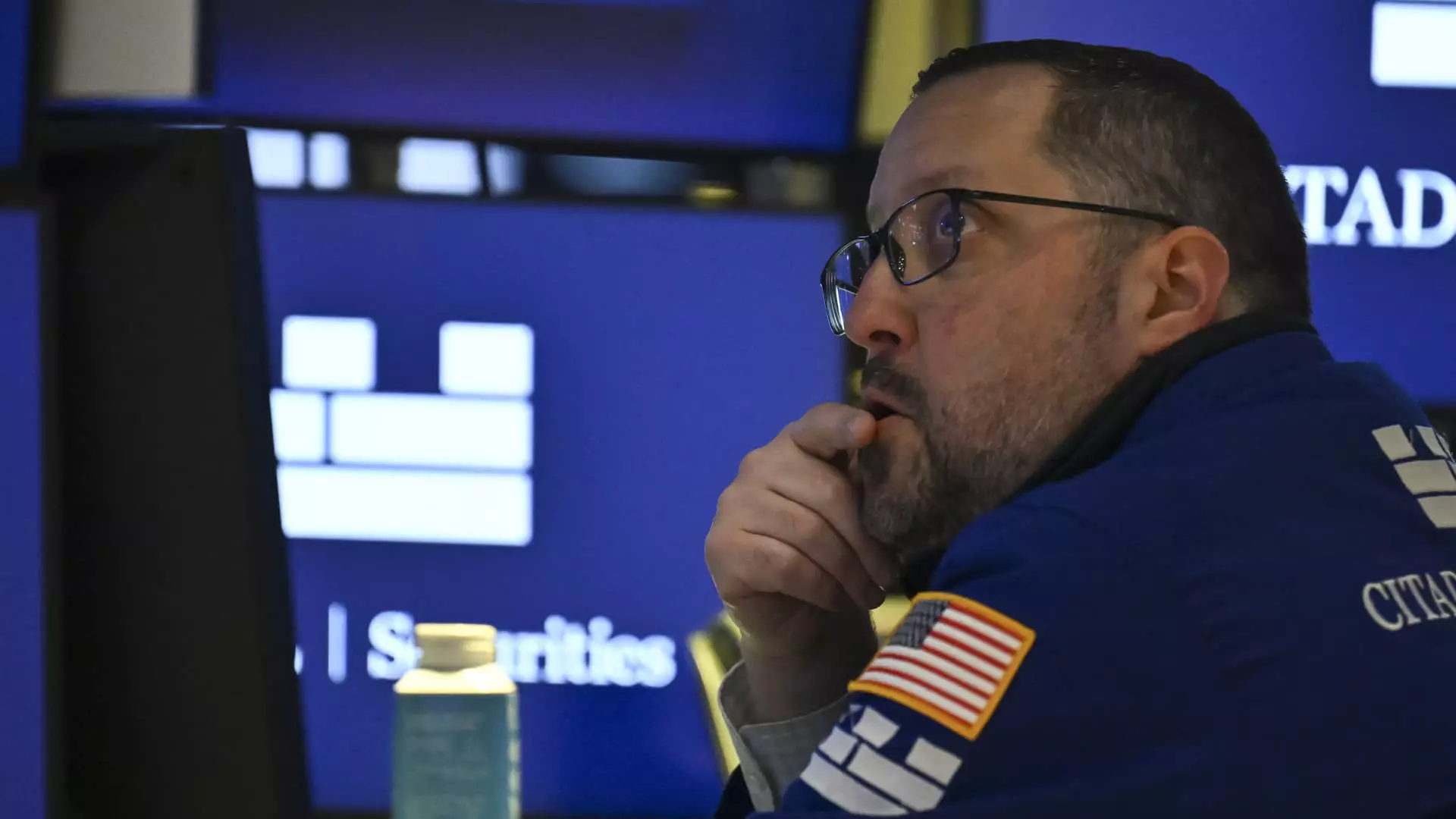In a world saturated with economic despair, it’s easy to overlook the resilience displayed by consumers. Recent retail sales figures for February unveiled a surprising truth: consumers are still willing to spend even as inflated prices slice away at disposable income. Investor Brian Vendig of MJP Wealth Advisors saw this as an optimistic sign for Delta Air Lines and may have struck gold with his assertion. As a firm supporter of center-right liberalism, I can’t help but agree. This bucking of negative economic trends presents a glimmer of hope not only for Delta but for the entire airline industry as we navigate tumultuous waters.
Retail sales being robust indicate that disposable income exists, and that Americans continue seeking experiences—like travel—over non-essential items. Delta, which has recently faced headwinds, saw its shares plummet by 23% this year alone, with investors fretting over a potential slowdown. Yet, I argue that a resurgence in consumer spending shouldn’t just be noted but should be embraced as a catalyst for growth. The notion that consumers are “not dead” as Vendig aptly put it, has broader implications. It reflects a fundamental need for connection and adventure after the isolating experiences of the pandemic.
Valuation: The Silver Lining for Delta
It’s critical to assess Delta Air Lines through a lens of valuation, especially given the challenging landscape. The forward price-to-earnings ratio presents Delta as attractively priced for long-term investors unwilling to overlook its potential. While the stock market is a creature of emotion often swayed by fear or euphoria, those who choose to invest based on fundamentals could find themselves in favorable territory. As Vendig pointed out, Delta has issued revenue guidance for 2025 that looks promising, suggesting that forward-thinking leadership is steering the company in the right direction.
True, market reactions to economic fears can sometimes feel overblown—collectively agitating even well-performing companies. However, compelling retail numbers paint a cautious yet optimistic picture. It signals that Delta might not sink but rather adapt and evolve in response to consumer behavior. Watching them manage their margins amid fluctuating oil prices could ultimately set the stage for new heights.
Emerging Opportunities with Lululemon
Transitioning beyond Delta, Lululemon Athletica has shown remarkable resilience, with stock prices recently rebounding by 5%. With a track record of underperformance—plummeting 30% over the past year—many might disregard it as a lost cause. However, Vendig encourages a fresh examination of the brand, especially in light of enhanced online sales and a savvy increase in social media engagement. This shift disrupts the narrative surrounding retail performance and suggests that Lululemon has effectively adapted to modern consumer needs.
As both health consciousness and athleisure trends trend upward, Lululemon’s growth potential cannot be understated. The company’s focus on digital platforms and community engagement positions it favorably in an environment where seamless purchasing experiences dictate the health of retail. Engaging with consumers where they spend their time—on social media—demonstrates a grasp of the evolving market landscape that resonates with today’s customers.
Why Caution is Key with Accenture
As much as my center-right perspective relishes stories of success, Accenture presents a deeper concern. Vendig’s caution about this stock underscores the necessity for mindful investing during a time marked by economic unpredictability. With its shares slipping by 13% over the past year, the company—while traditionally regarded as a leader in consulting services—faces a formidable barrier amidst tightening corporate IT budgets.
To conflate Accenture’s popularity with unequivocal success ignores the precariousness that potentially looms over it. Business cycles can fluctuate based on macroeconomic policies, and the current noise surrounding IT spending requires any investor to consider the bigger picture before committing funds. Thus, while optimism flourishes, it’s essential to exercise prudence—taking a step back to evaluate whether Accenture can stabilize or if it’s merely a mirage within an arid landscape.
In the midst of market uncertainty and evolving consumer value systems, a critical eye will yield opportunities. Balancing optimism with caution will ultimately serve investors well, allowing them to navigate these winds of economic change with discernment and measured confidence.

